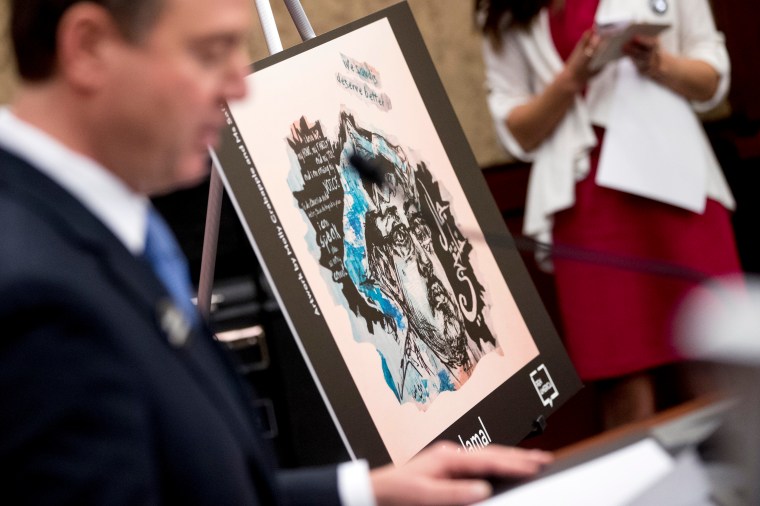Nearly three dozen media and press freedom organizations, as well as 10 major human rights organizations and experts, have signed on to amicus briefs in support of CPJ’s appeal in its lawsuit seeking documents on whether U.S. intelligence agencies knew of threats to Washington Post columnist Jamal Khashoggi before his murder by the Saudi government.
CPJ is suing for release of documents related to Intelligence Community Directive 191, which requires intelligence agencies to warn individuals when they learn of threats to the individual’s life or liberty. The defendants argue that to even confirm or deny the existence of relevant records would compromise national security, in what is commonly known as a Glomar response. The district court ruled for the defendants.
CPJ is asking the U.S. Court of Appeals for the District of Columbia to reverse the district court’s decision and order the defendants, as a start, to confirm or deny the existence of documents. Alternatively, we argue the district court should be instructed to require the defendants to submit more detailed explanations so their Glomar responses can be adequately scrutinized. The agencies appear to be trying to avoid admitting either that they missed the threat to Khashoggi or—worse —knew about the threat but failed to warn him.
One brief in support of our appeal, submitted by the Reporters Committee for Freedom of the Press and signed by 32 organizations, explains the history of the Glomar response and how the government’s increased reliance on it in recent years stifles the flow of information to the public. The brief spells out why journalists would be less safe if the defendants’ Glomar responses are upheld in this case.
The other brief, submitted by Human Rights Watch and signed by 9 more human rightsorganizations and experts, argues that accepting the government’s Glomar response would undermine the duty to warn and put human rights defenders in harm’s way. It also argues that the intelligence community’s Glomar responses are at odds with the Tshwane Principles on National Security and the Right to Information, which provide a framework for ensuring public access to government information without jeopardizing national security.
Read more about CPJ’s work to secure justice for the murder of Jamal Khashoggi here.
